Useful Guide To Granite And Marble Cleaning
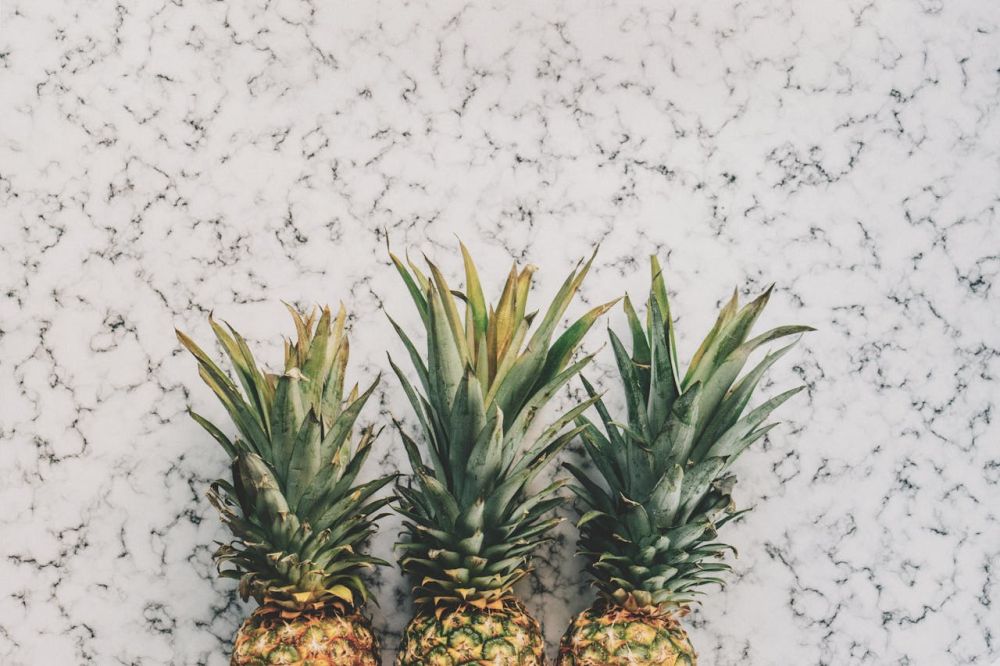
Granite and marble surfaces require special treatment while cleaning. Discover our cleaning guide to handling those tricky materials.
Natural stone countertops and surfaces look beautiful and are durable if properly taken care of but their maintenance is not as easy as that of other materials. The surface of granite is harder and less porous than marble, yet they both require some special attention. Marble cleaning will become easier and faster if you learn how to do it.
SPIC AND SPAN wants to provide you with this extensive guide to marble and granite cleaning in order to make your life easier.
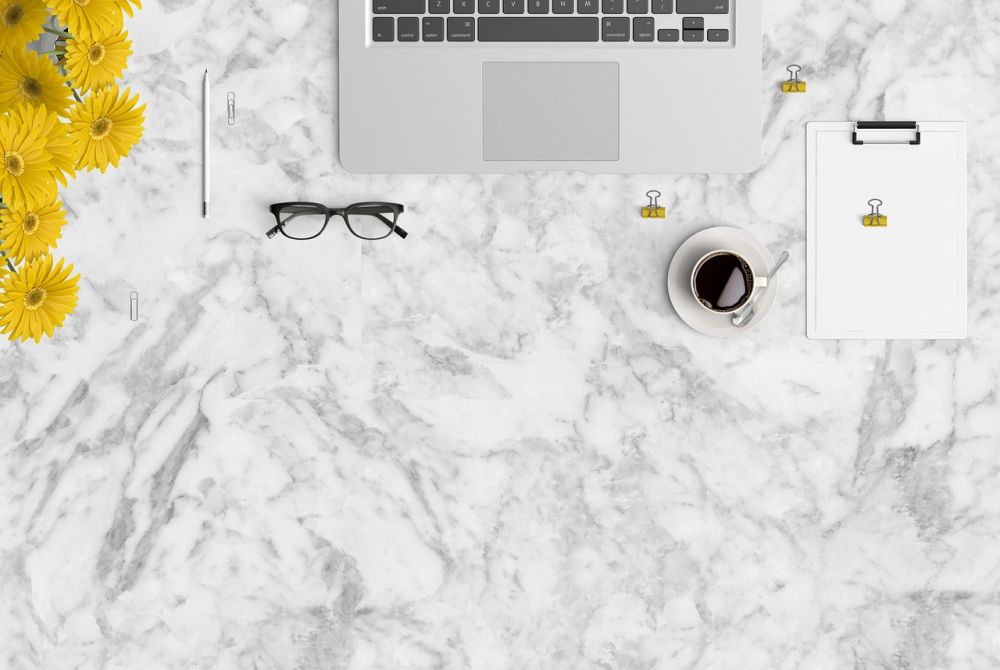
Granite and marble cleaning starts with proper sealing
Due to their porous surface, natural stones need to be sealed before using so that they don’t absorb spills and liquids. There is a number of special marble and granite sealers offered by different brands.
When the surface is properly sealed, the water won’t be soaked up, but will create beads instead.
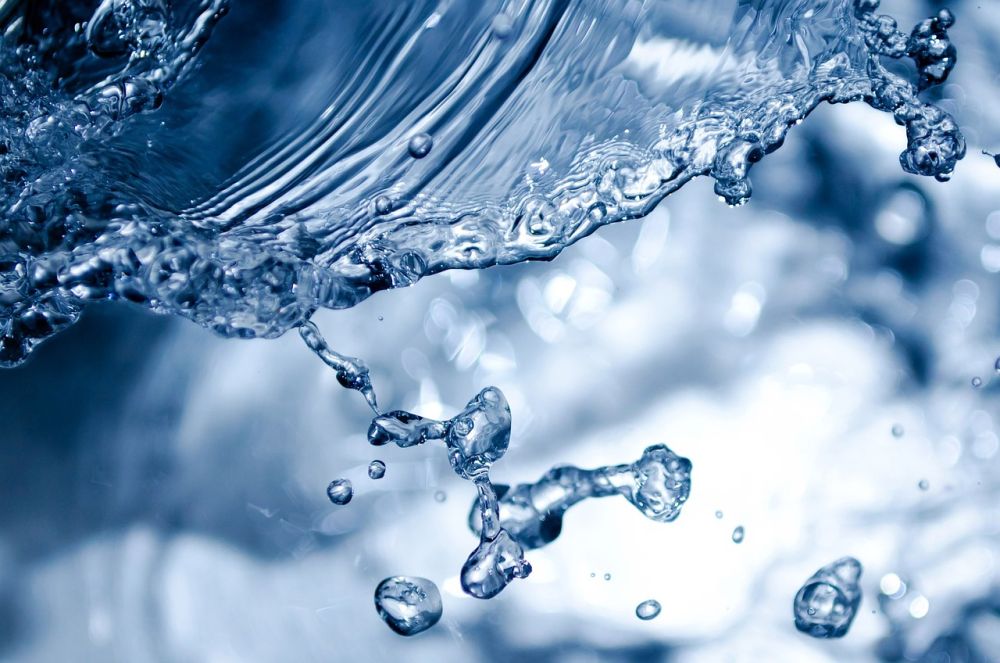
Natural stone surfaces require regular cleaning
Prevention is better than frantically seeking solutions when the problem is already there – this applies to many areas of life including cleaning, but with granite and marble it should be taken even more seriously.
When you make an effort to clean these surfaces on regular basis, they will reward you with being long-lasting and looking impressive. Since they are both porous and stain easily, you should clean up all spills as soon as possible, especially when they are strongly pigmented.
Avoid acids at all costs
Acids are natural stone’s greatest enemy and when they come into contact with its surface, it will be damaged. Vinegar and ammonia-based cleaners should never be used to clean these materials!
Please bear in mind that even a splash of lemon juice might lead to mild discoloration.
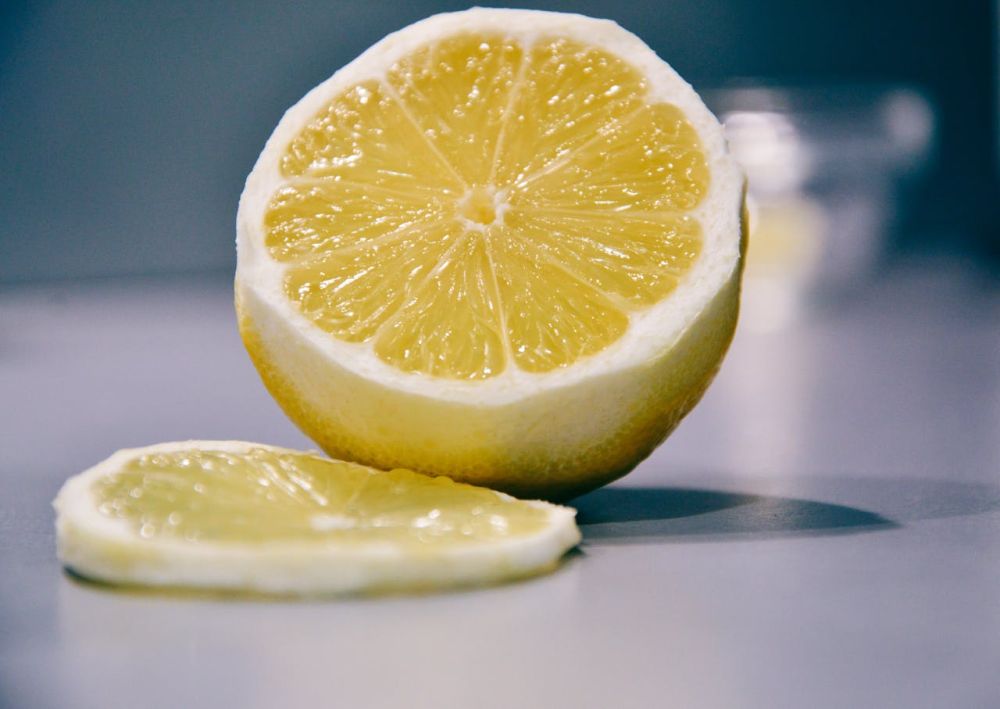
Use a gentle cleaner
Of course you can look for a solvents specifically dedicated marble cleaning, but you might as well make one on your own. Warm water mixed with a bit of dish soap in a spray bottle is perfect for that. Be sure to use a non-abrasive cloth, for example one made of soft microfiber, in order not to scratch the surface. After cleaning, marble and granite should be dried with another soft cloth to prevent streaks and smudges.
For more thorough cleaning, a mixture of water and baking soda proves useful (it’s safe due to its alkaline reaction.)
It’s better to refrain from using all-purpose cleaners unless the label explicitly states that it’s safe for marble and granite cleaning.

Conclusion
A clean home makes your life easier and more pleasant. In addition, making sure that you apply the right cleaning strategies will ensure that all surfaces will last a long time. For more articles on professional cleaning recommendations from our experts please check our blog regularly.
Anna Kurczyńska
Acknowledgements:
"Featured photo": for source click here.
"Picture no. 1": for source click here.
"Picture no. 2": for source click here.
"Picture no. 3": for source click here.
"Picture no. 4": for source click here.
This article was originally published in 2017 on SPIC AND SPAN. Home & Office Cleaning blog.
Topics
Check more articles on our blog
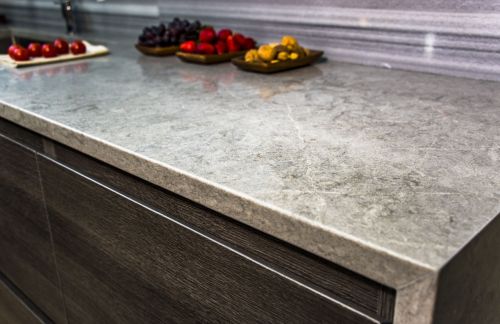
How To Clean And Maintain Marble And Granite Surfaces
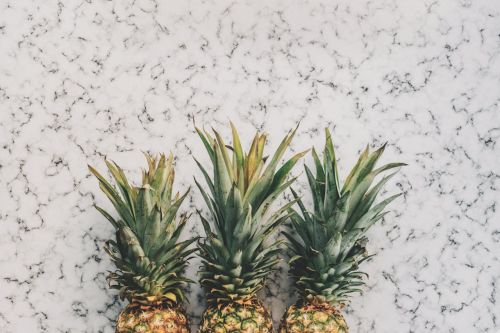
Useful Guide To Granite And Marble Cleaning
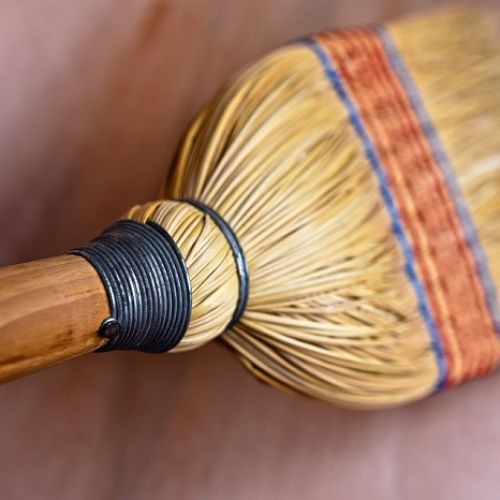
Should You Sweep or Vacuum the Hardwood Floor?
